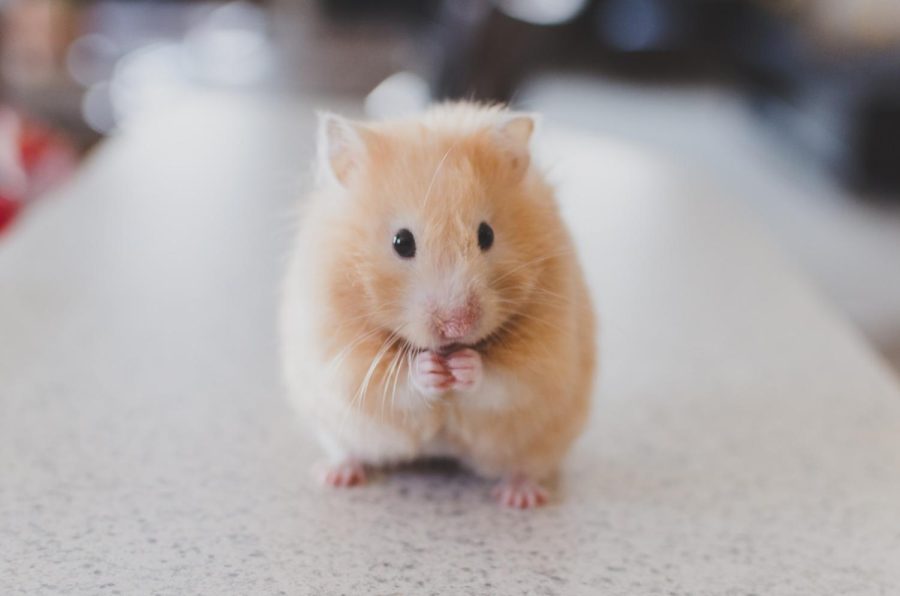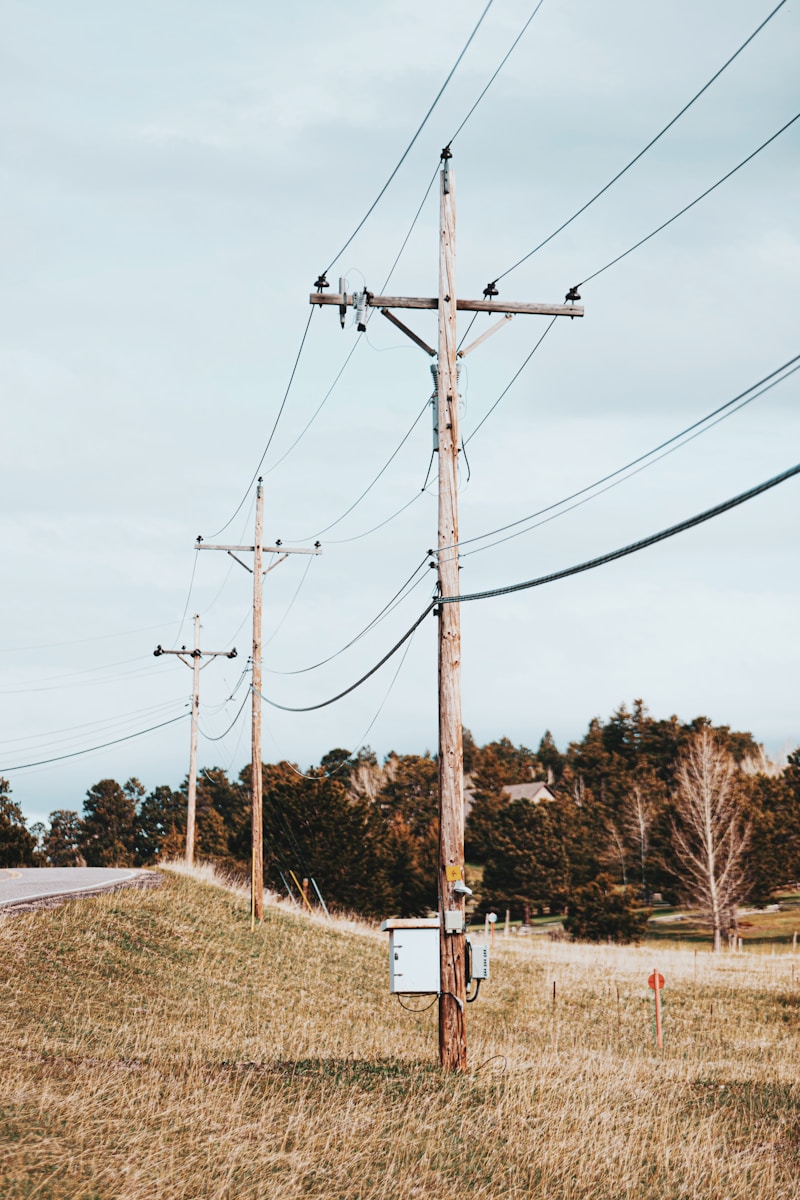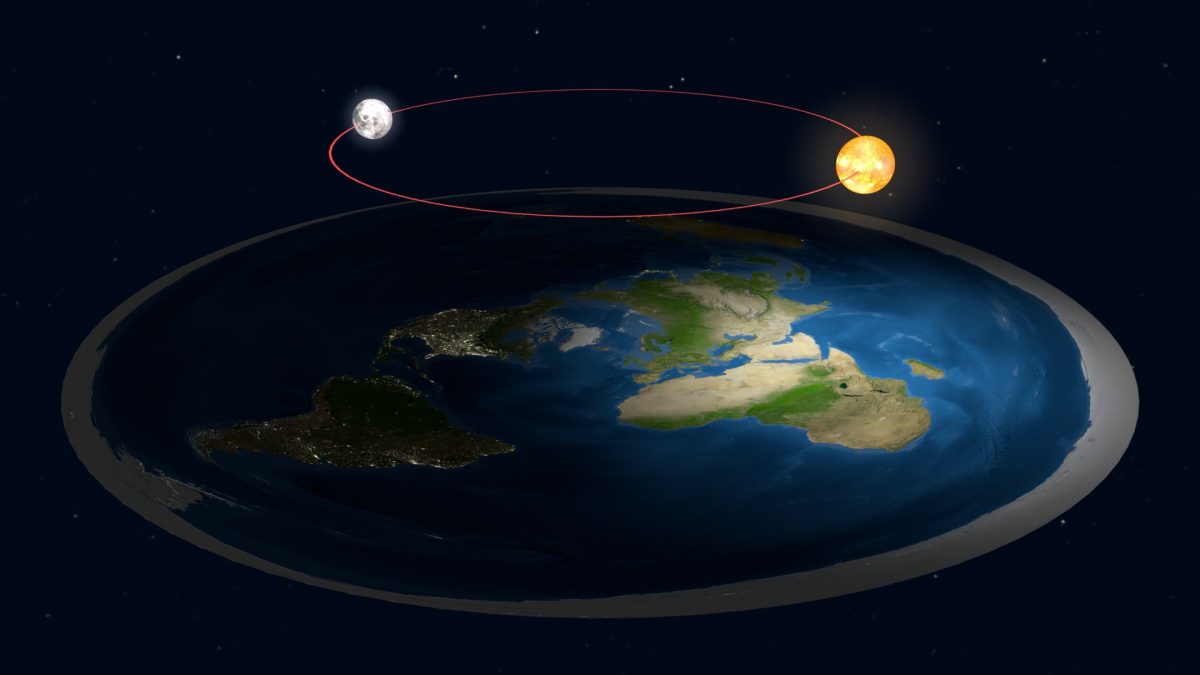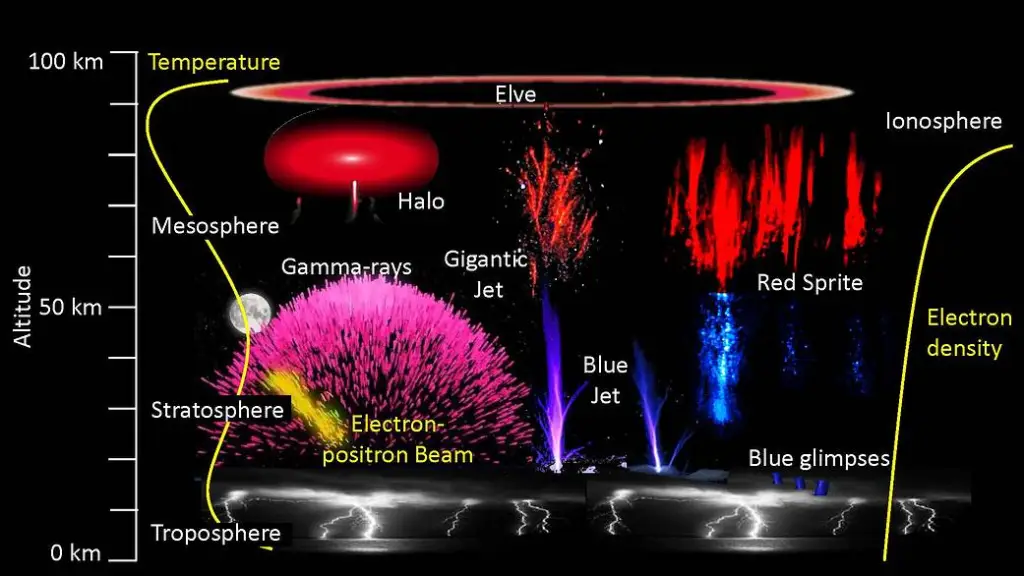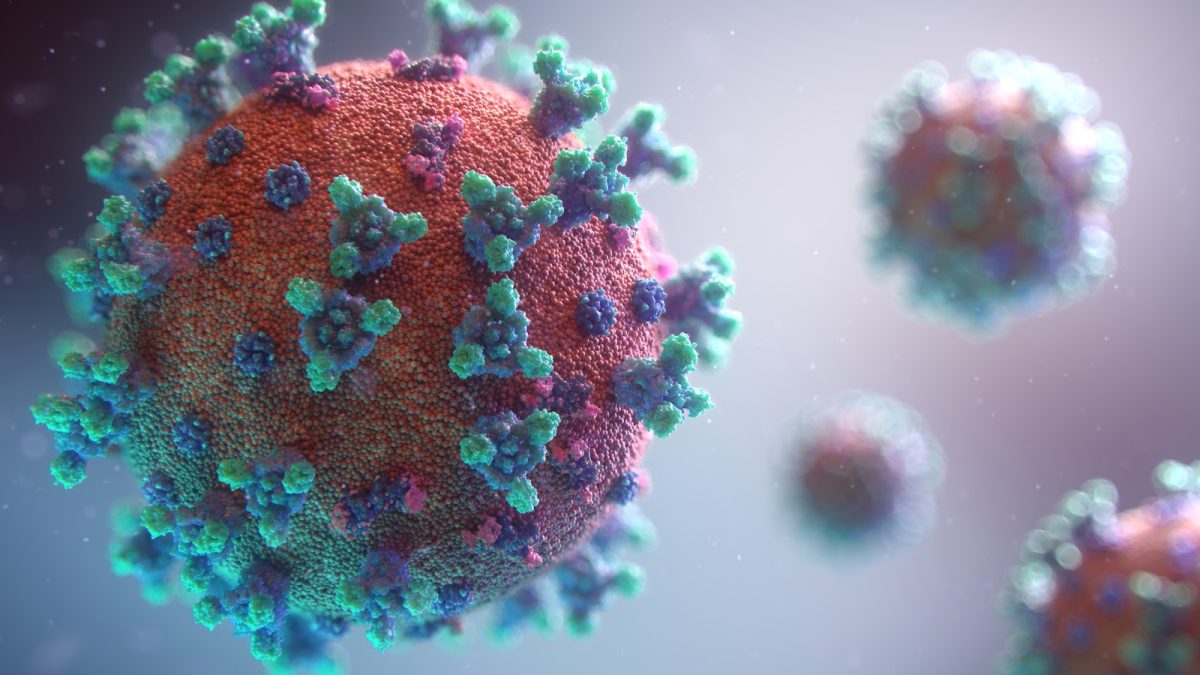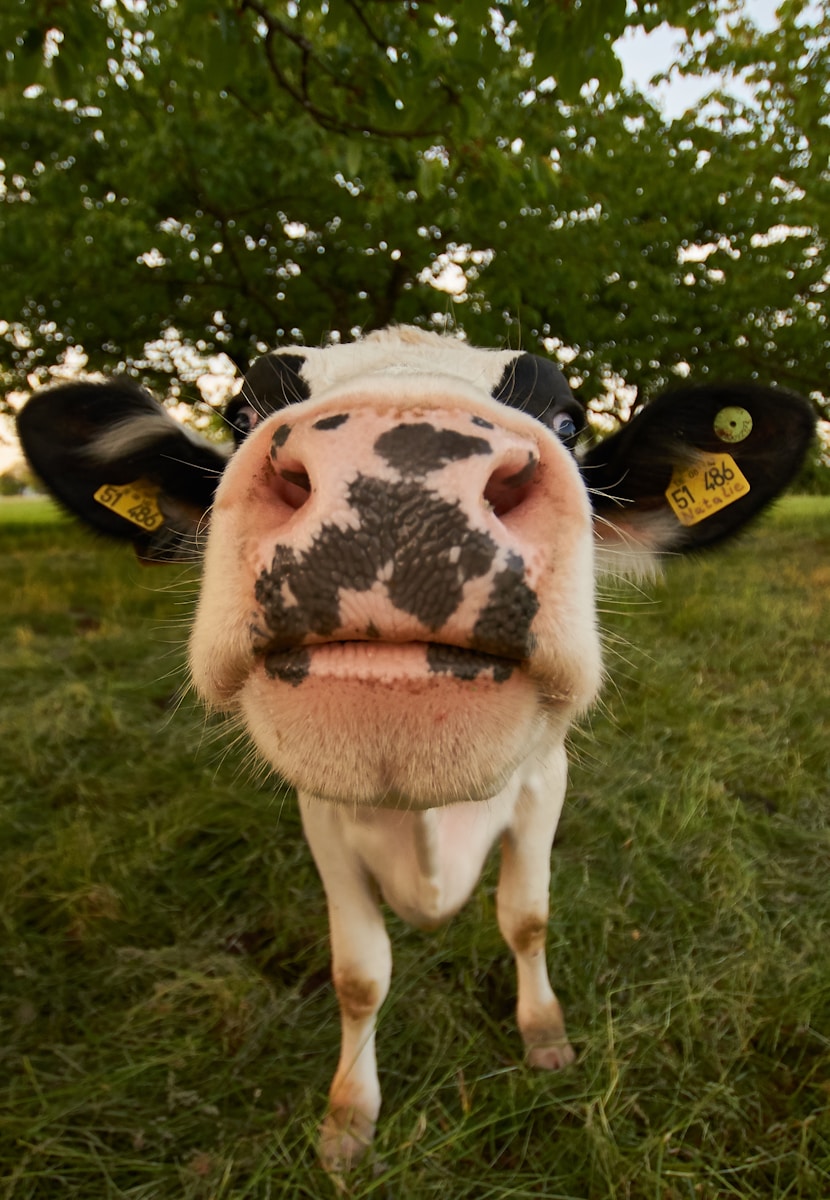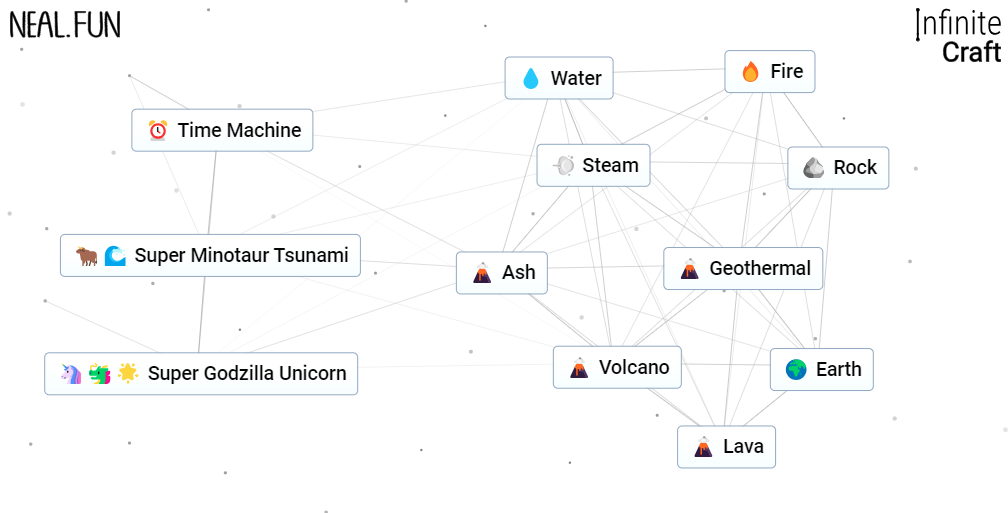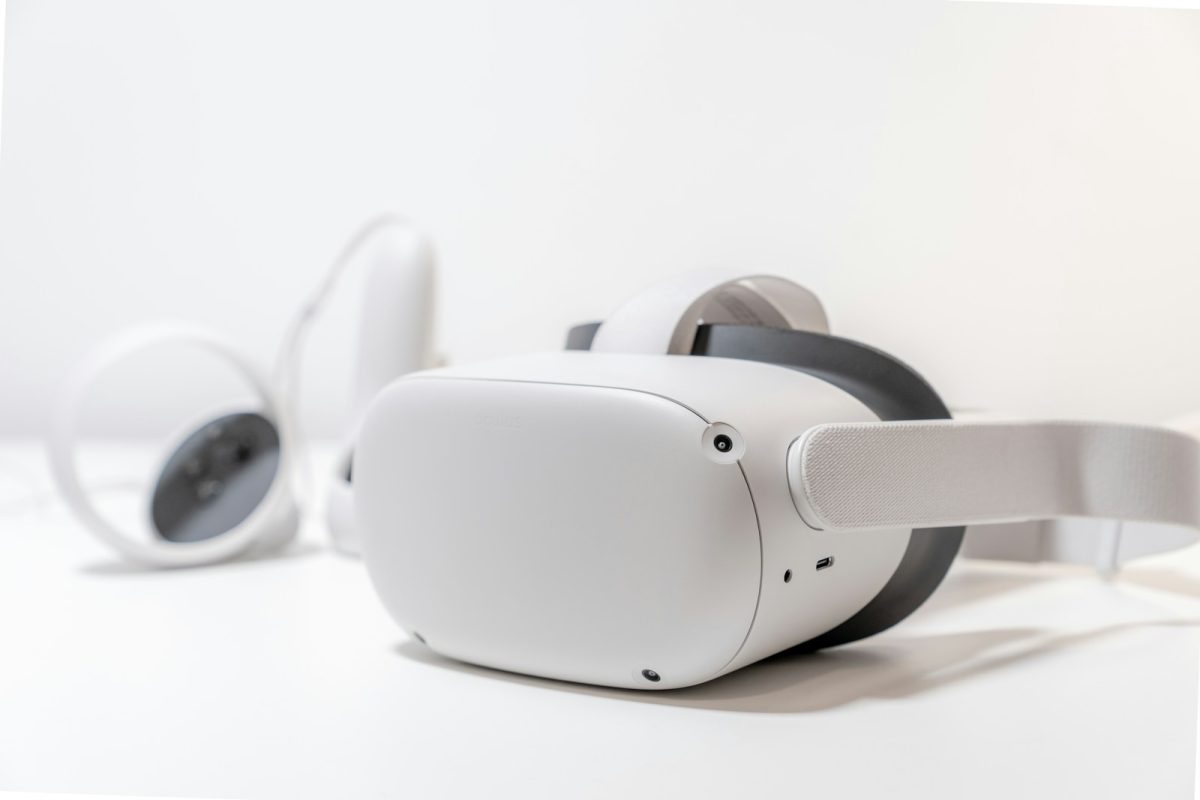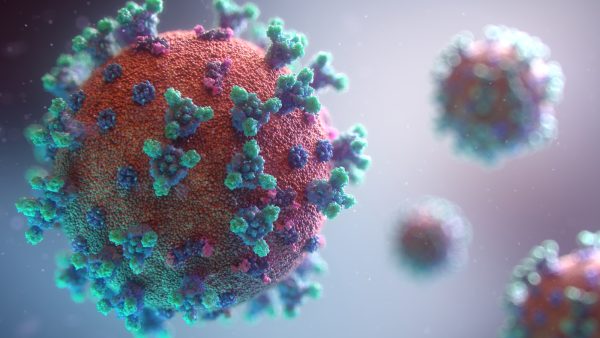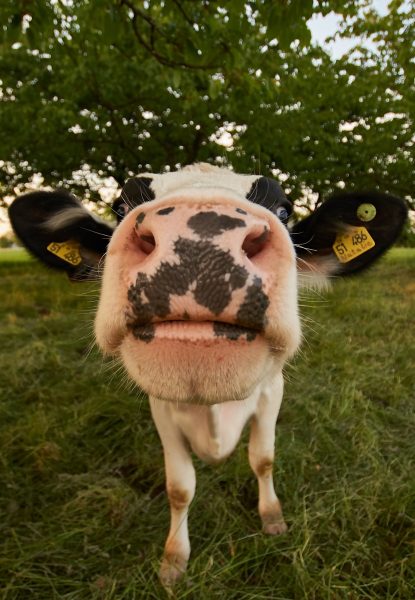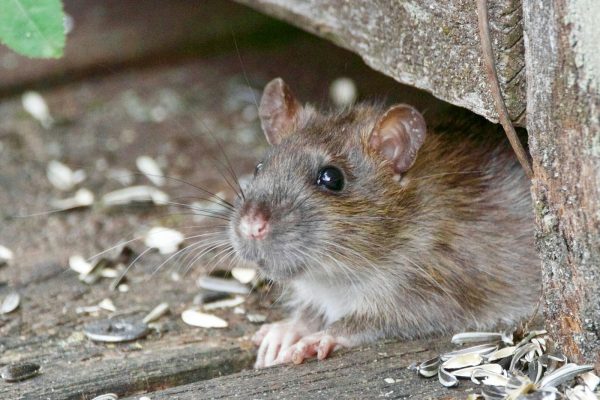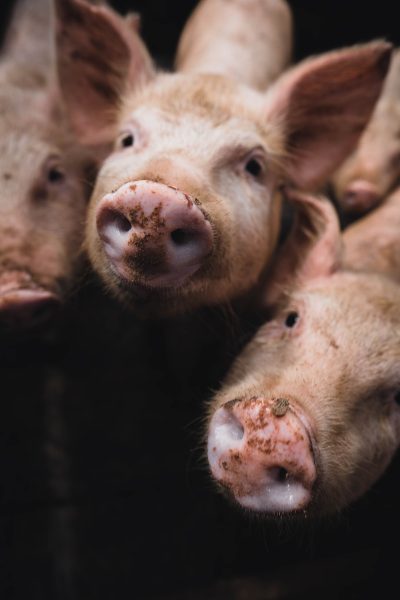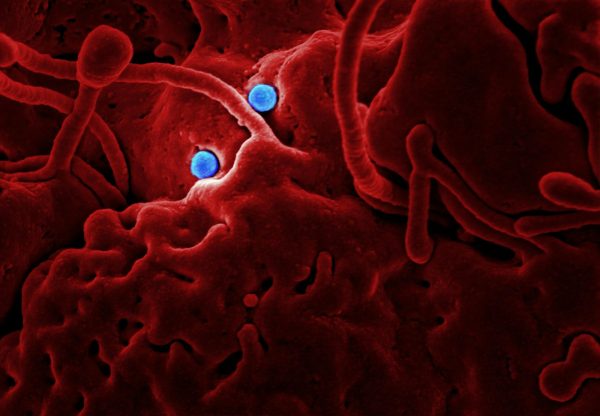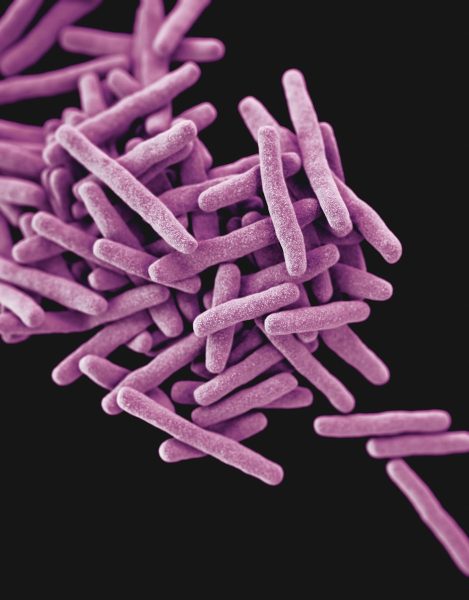Oxygen Deficiency Increases Mouse Lifespan, Will It Work On Humans?
Can Hypoxia increase human lifespans?
Oxygen supports almost all life on Earth but for the first time, a study from the researchers at Harvard University’s Mootha Lab, and Massachusetts General Hospital suggests that oxygen deficiency (hypoxia) can increase the lifespan of mammals.“It has been known for about 20 years that chronic continuous hypoxia extends the time to senescence in cultured cells and extends the lifespan in yeast, worms, and fruit flies. Our study is the first to test oxygen restriction in a mammalian model of aging in the laboratory,” Robert Rogers, lead researcher at Massachusetts General Hospital. The study authors tested a mouse in oxygen-deficient conditions similar to those found at Mount Everest base camp. They noticed that hypoxia increased the lifespan of the mouse by 50 percent.
During the study, the researchers performed an experiment on a mouse that lacked the Ercc1 protein. This is a useful model of aging because it has a lifespan of less than six months. It is due to the Ercc1 deficiency, it accumulates physiological and biochemical features of aging across all organs at an accelerated pace. They kept the mouse in only 11 percent oxygen and compared its lifespan with mice that lived in normal conditions (21 percent oxygen). Surprisingly, the mouse in the low-oxygen atmosphere managed to stay alive for 23.6 weeks, but the average Lifespan of mice living in normal conditions turned out to be only 15.7 weeks.
Hypoxia enabled the mouse to live about 50 percent longer. When asked if the technique could also work in humans, Robert Rogers argued that it’s too early to predict if oxygen restriction could increase lifespan in humans and other mammals. This is because the molecular mechanism by which hypoxia extended the lifespan in the mouse is still unknown.
RELATED STORIES:
https://journals.plos.org/plosbiology/article?id=10.1371/journal.pbio.3002117
https://www.inverse.com/health/scientists-extended-lifespan-lab-mice-with-less-oxygen
https://interestingengineering.com/science/oxygen-restriction-and-anti-aging
https://www.eurekalert.org/news-releases/989438
https://hms.harvard.edu/news/decrease-oxygen-boost-longevity
TAKE ACTION:
